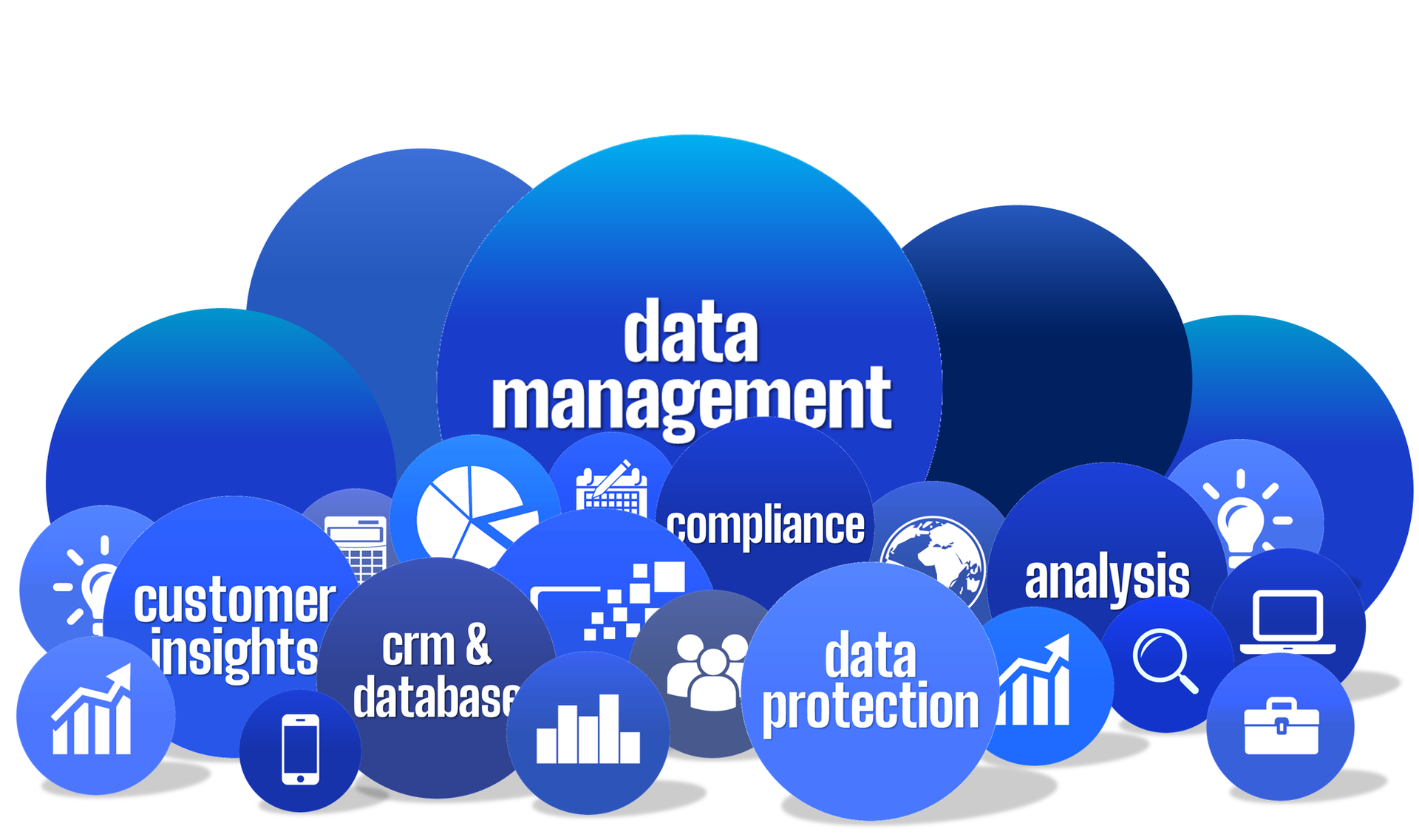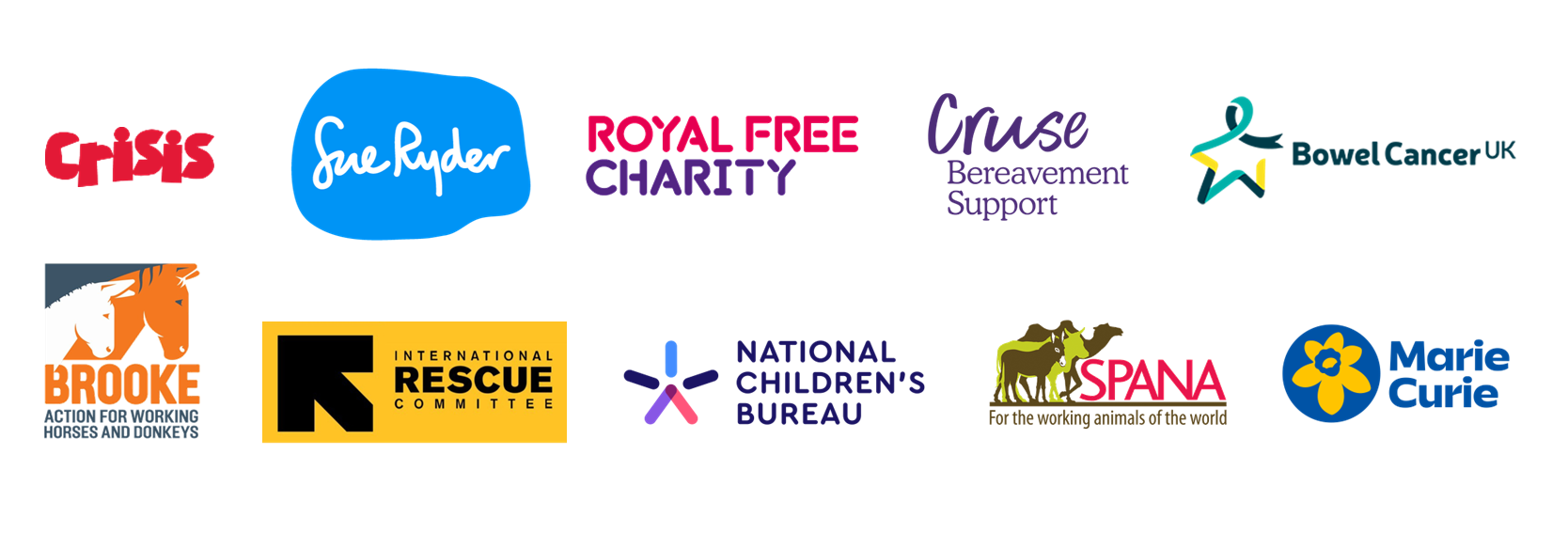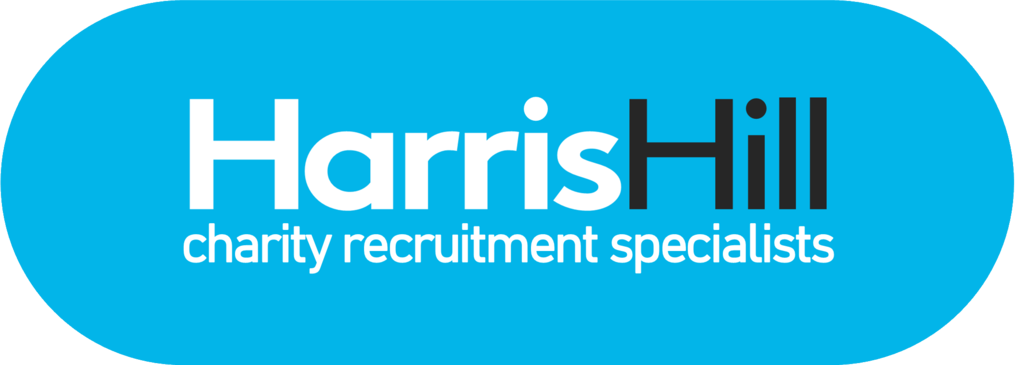Data Management

Placements in the last five years
Regularly-recruited roles


Data Administrator
Data and Insights Manager
Data Protection Lead
Database Manager
IT Manager
Raiser's Edge Administrator
Senior Data Analyst
Senior Database Officer
We work with skilled data professionals at all levels, from junior executives to management and above, data analysts, CRM specialists, Raiser’s Edge experts, supporter care specialists and more, recruiting for a wide range of organisations throughout the sector.
As specialists in this field for a number of years we've built up an exceptional network of candidates with the right range of skills, for both permanent and temporary opportunities, and from both charity and commercial backgrounds.
Jobs: Data Management
Specialists in this area:
Placements in the last five years


Regularly-recruited roles
Data Administrator
Data and Insights Manager
Data Protection Lead
Database Manager
IT Manager
Raiser's Edge Administrator
Senior Data Analyst
Senior Database Officer
We work with skilled data professionals at all levels, from junior executives to management and above, data analysts, CRM specialists, Raiser’s Edge experts, supporter care specialists and more, recruiting for a wide range of organisations throughout the sector.
As specialists in this field for a number of years we've built up an exceptional network of candidates with the right range of skills, for both permanent and temporary opportunities, and from both charity and commercial backgrounds.
Jobs: Data Management
Specialists in this area:








